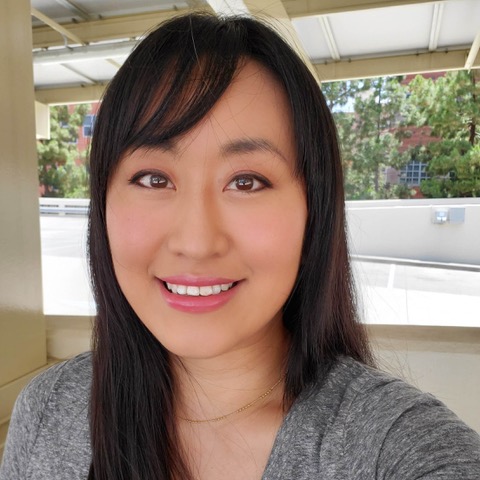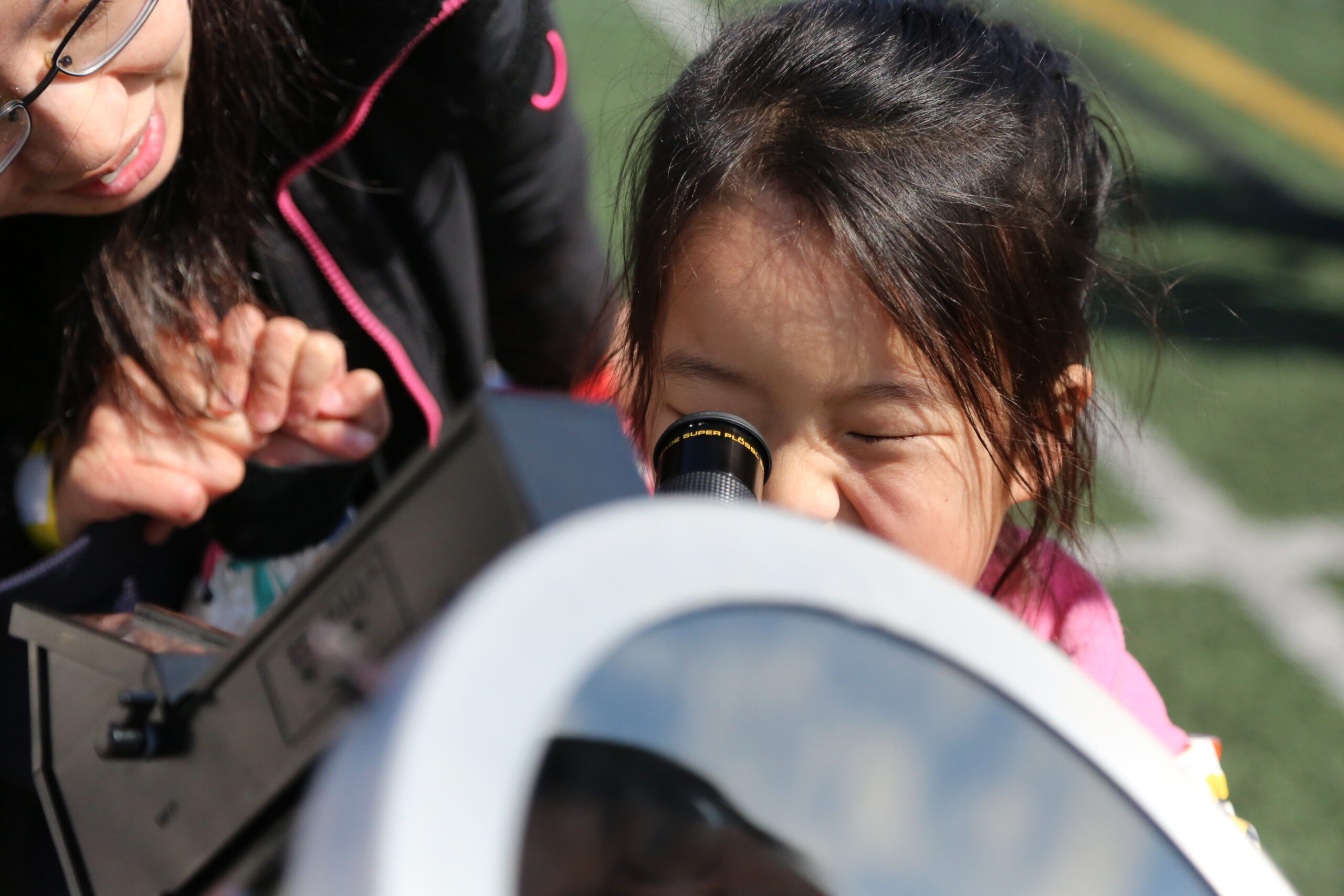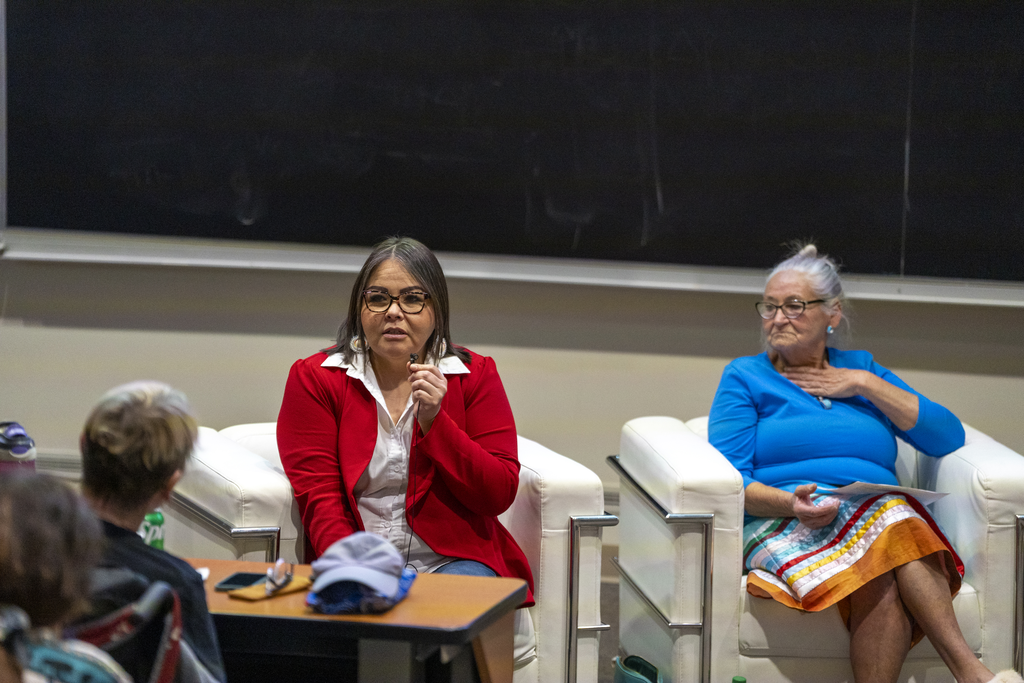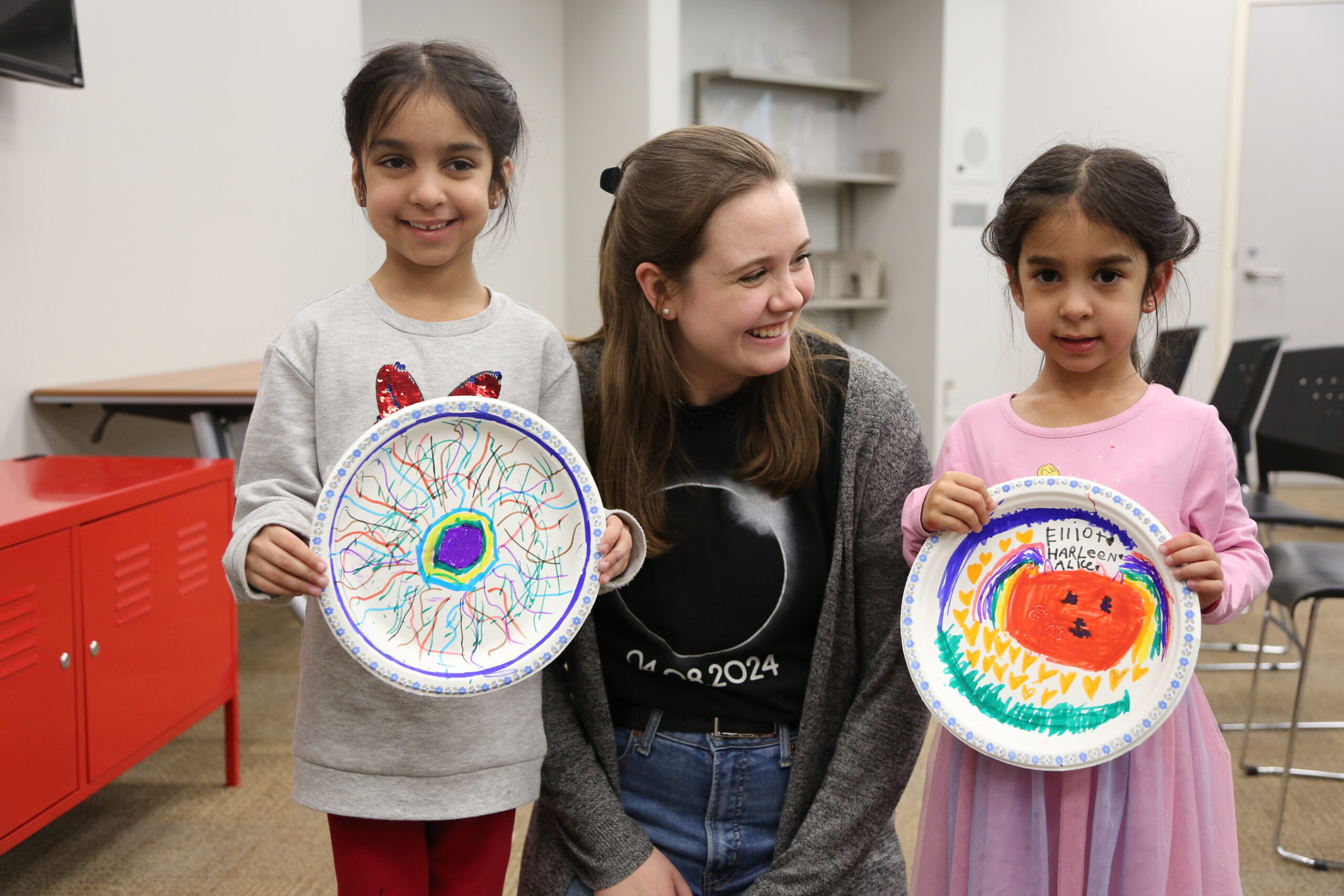Meet New Faculty Member – Katrina Choe

Who or what inspired you to become a scientist?
Science has always been a big part of my life. As a curious youngster, I was fascinated by nature and living organisms, and spent a lot of time reading biographies of famous scientists. Reading about Marie Curie was especially inspiring, and helped me envision becoming a woman scientist one day. As I grew older, I started becoming more intrigued with the inner workings of the human body. I remember spending many hours at the Ontario Science Centre checking out various exhibits about the human body, especially the brain. I even got myself yearly memberships to visit as often as I could! I can’t wait to visit the Centre again and see how things have changed in the last 20 years, as soon as the pandemic ends.
What’s the focus of your research?
Our group uses a multi-level, integrative research strategy to link how gene mutations associated with psychiatric disorders disrupt social behaviour. In particular, we focus on the following questions using a research pipeline that combines molecular, cellular, synaptic, circuit, and behavioural approaches in animal models:
- What are the potential mechanisms by which ASD genes impair the function of the central oxytocin system, and how are the linked to the social symptoms of ASD?
- On which neurobiological pathways do the numerous gene mutations implicated in ASD converge?
When you’re not at work, what do you enjoy doing?
I love to spend time in nature (hiking, camping/cabining, snowboarding, or relaxing on the beach). I also love watching nature and food documentaries!
Katrina completed her Bachelor’s degree in zoology, physiology and psychology at the University of Toronto. She then pursued a Doctoral degree in neuroscience at McGill University under the mentorship of Charles Bourque, characterizing novel mechanisms by which the body’s hydration state controls the spiking activity of vasopressin-secreting neurons. She then performed postdoctoral work at the laboratory of Thomas Otis at UCLA, identifying long-range neural circuits that connect the cerebellum and the forebrain. Her second and final postdoctoral training at the Daniel Geschwind lab at UCLA focused on investigating how an autism spectrum disorder (ASD) gene mutation impairs the function of the central oxytocin system and impacts social behaviour, using an animal model.
Related News
News Listing

Physics and Astronomy grad students offer out-of-this-world view at total solar eclipse viewing party
Community, Engagement excellence, Graduate students
April 8, 2024

The greatest of love stories: Panel shares Indigenous perspectives on the eclipse and astronomy
Community, Faculty, Outreach, science communication
April 8, 2024

